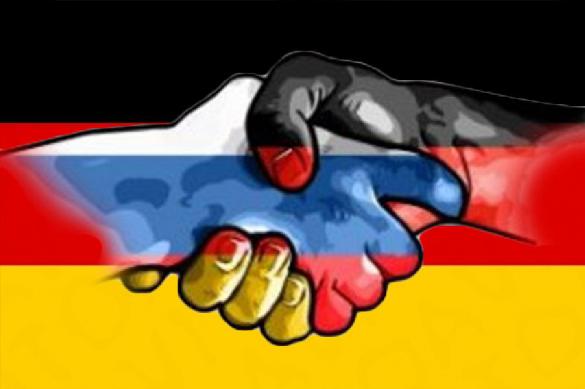Can Russia and Germany reset their relations?
The relations between Russia and Germany have worsened considerably during the past few months. Moscow, as it appears, has decided that Russia needs to revise relations with Berlin as any form of dialogue with Germany becomes a very hard nut to crack for Russia.

Is Russia no longer important for Germany?
However, one can say the same about Germany. German Foreign Minister Heiko Maas wrote in an article that unlike during the times of (Chancellor Willie) Brandt, Germany does not need to make a detour to Moscow to talk to eastern neighbors.
"Many of our partners in Eastern and Central Europe look critically at Russia, and German foreign policy should take the fears of our neighbors seriously. Along with proposals for dialogue, a clear German position on Moscow is therefore also important in order to maintain confidence in Eastern Europe," Maas wrote.
Noteworthy, it is Heiko Maas, who is largely responsible for the deterioration of the Russian-German relations. It is much more difficult to conduct a dialogue with him than with his predecessor, Sigmar Gabriel, even though they are both social democrats.
However, the person in charge of the German Foreign Office is not the corner stone, of course. Berlin links the deterioration of relations with hacker attacks on the Bundestag in 2015 and the murder of former field commander Zelimkhan Khangoshvili in 2019. In both cases, the German authorities hold the Russian authorities accountable for what happened, while Moscow strongly denies such accusations.
The "poisoning" of Alexei Navalny added more fuel to the fire. German politician Alexander Lambsdorf said in an interview with Deutsche Welle that this story is much less important for the Germans than the above two, because it happened outside Germany and did not violate the German sovereignty.
What Moscow thinks about Berlin
And what about Russia? Russian Foreign Minister Sergei Lavrov had a meeting with a delegation from the Alternative for Germany party. Both the German authorities and mainstream media share an unambiguous attitude to this party. They call is an ultra-right organization, and any attempts of other political forces to cooperate with it trigger a scandal. In general, the authorities do their best to make Alternative for Germany a political outcast.
Well, Western politicians, for example, German Foreign Minister Heiko Maas, do meet with Russian opposition activists. Moreover, they prefer to meet those who do not have any presentation in the parliament. Until recently, Russian officials tried not to advertise such meetings. This is common political practice, and if Western officials do not see anything out of the ordinary in it, then Russian officials have nothing to be ashamed of.
Last Monday, December 7, a telephone conversation took place between the President of Russia and the Chancellor of Germany. It became the first phone conversation that Putin and Merkel had in a long time.
Following the conversation, the difference in the media coverage was pretty noticeable. Moscow reporter that the parties discussed the crisis in Nagorno-Karabakh, in the Donbass, as well as cooperation in the fight against coronavirus. In turn, Berlin reported that Putin and Merkel talked about Navalny's poisoning.
Is this conversation going to become a prologue to the reset of relations between the Russia and Germany, as Russian FM Sergei Lavrov said at his meeting with the AfD delegation? It does not seem to be likely. Angela Merkel is to step down as the German Chancellor in December 2021, so there is not much time left to hope for something to improve.
Subscribe to Pravda.Ru Telegram channel, Facebook, RSS!


